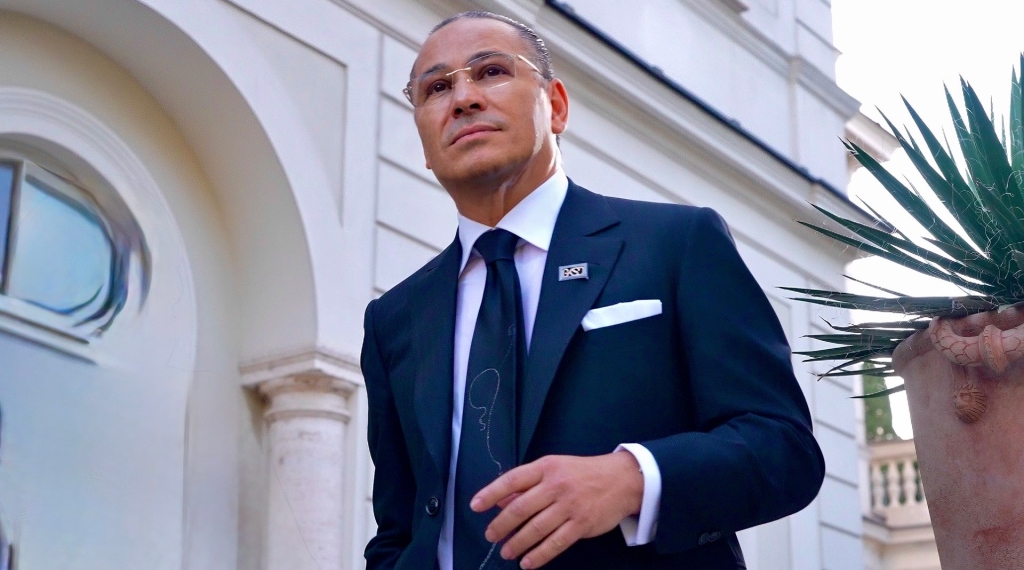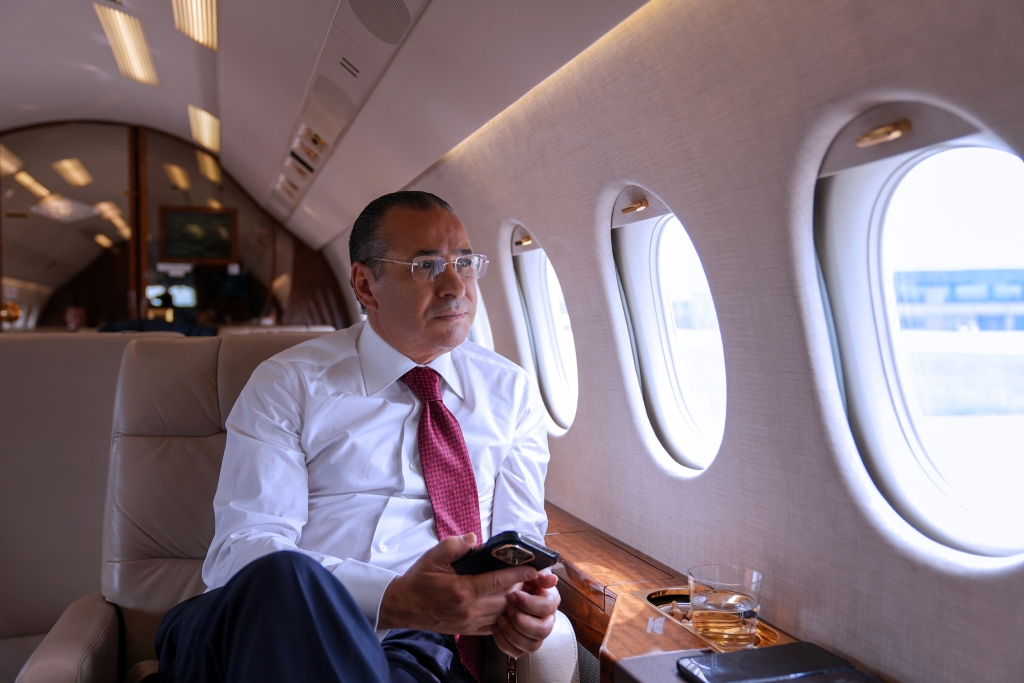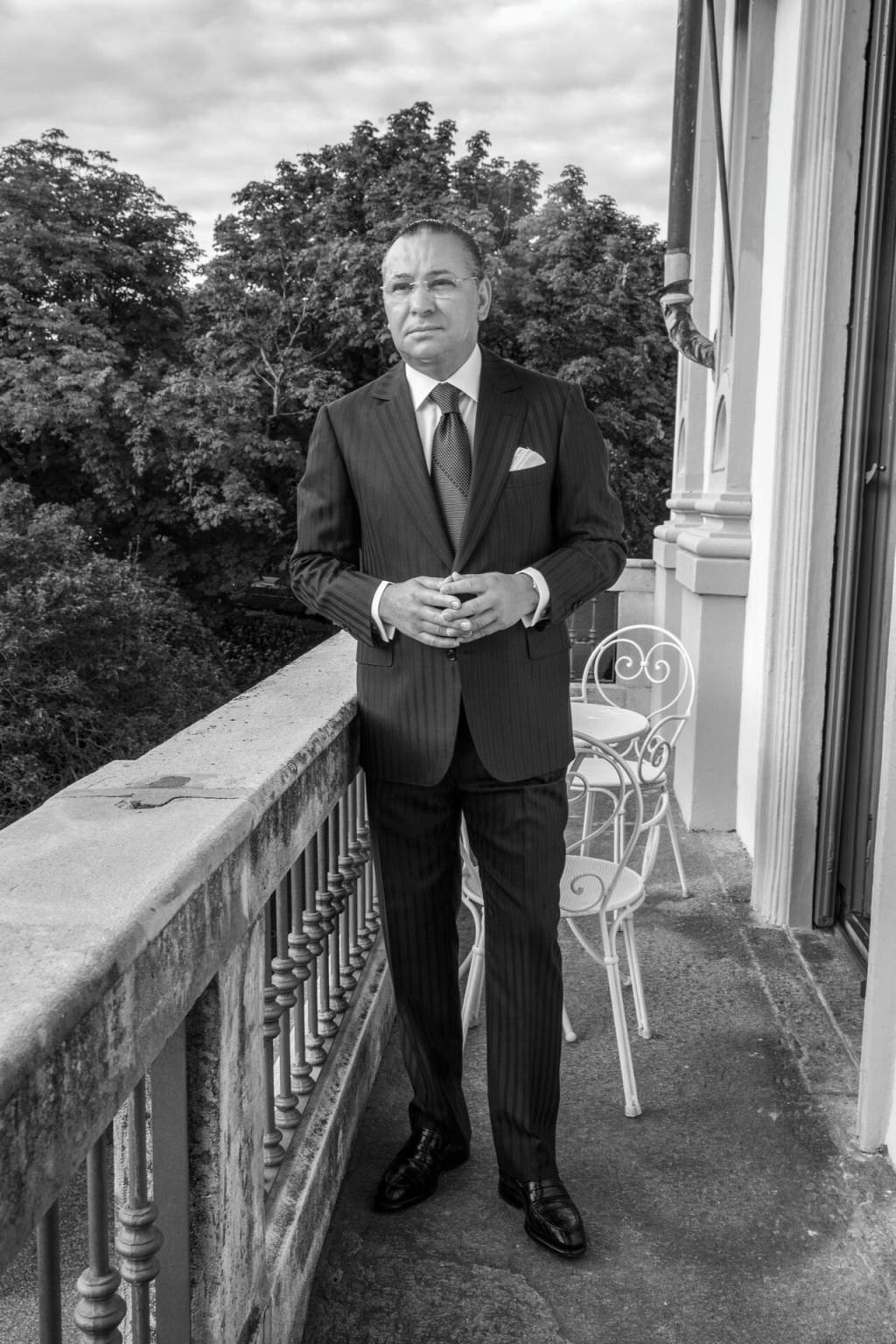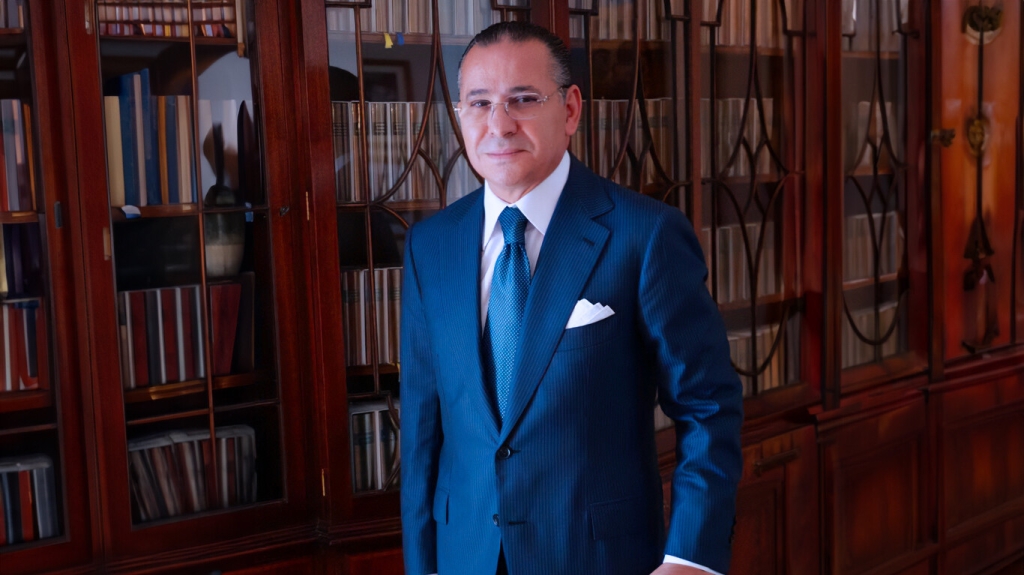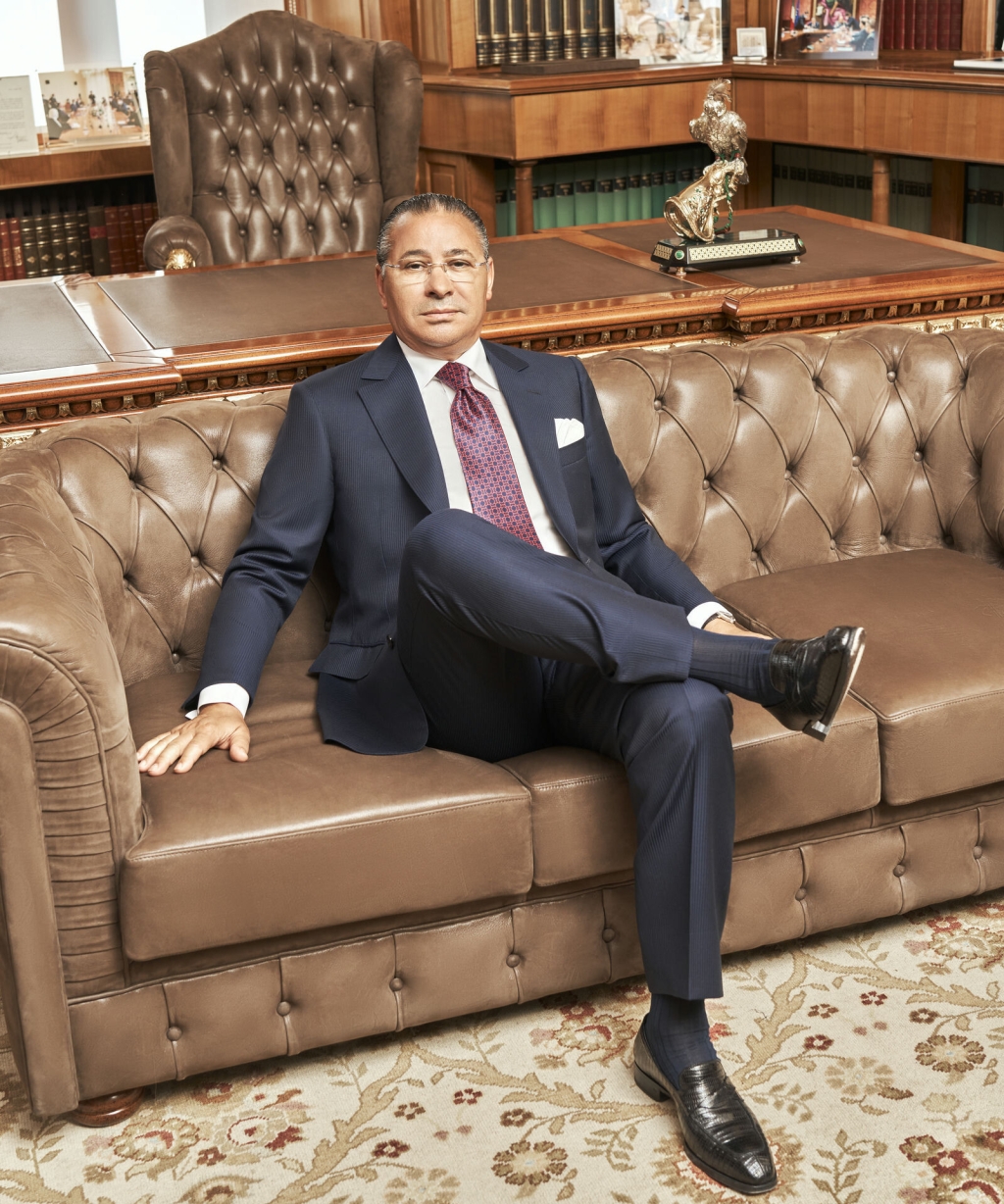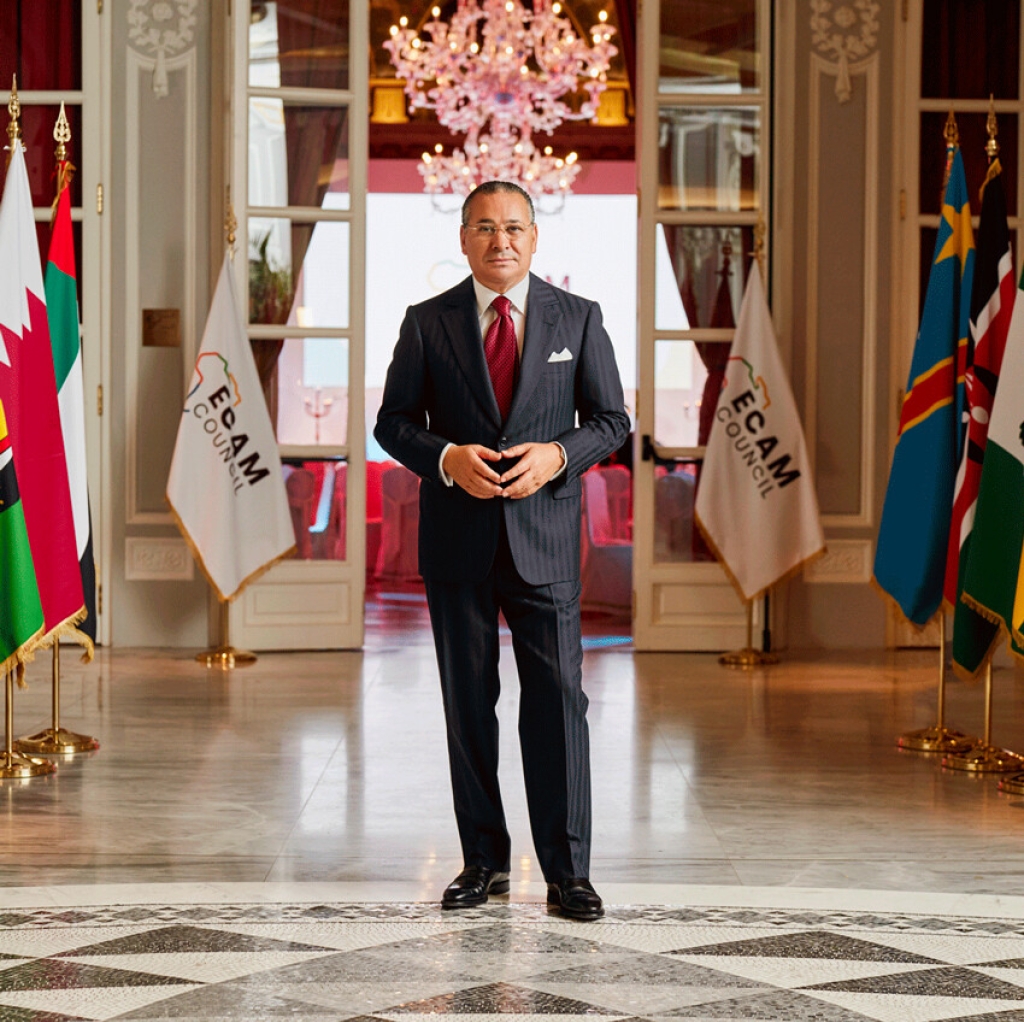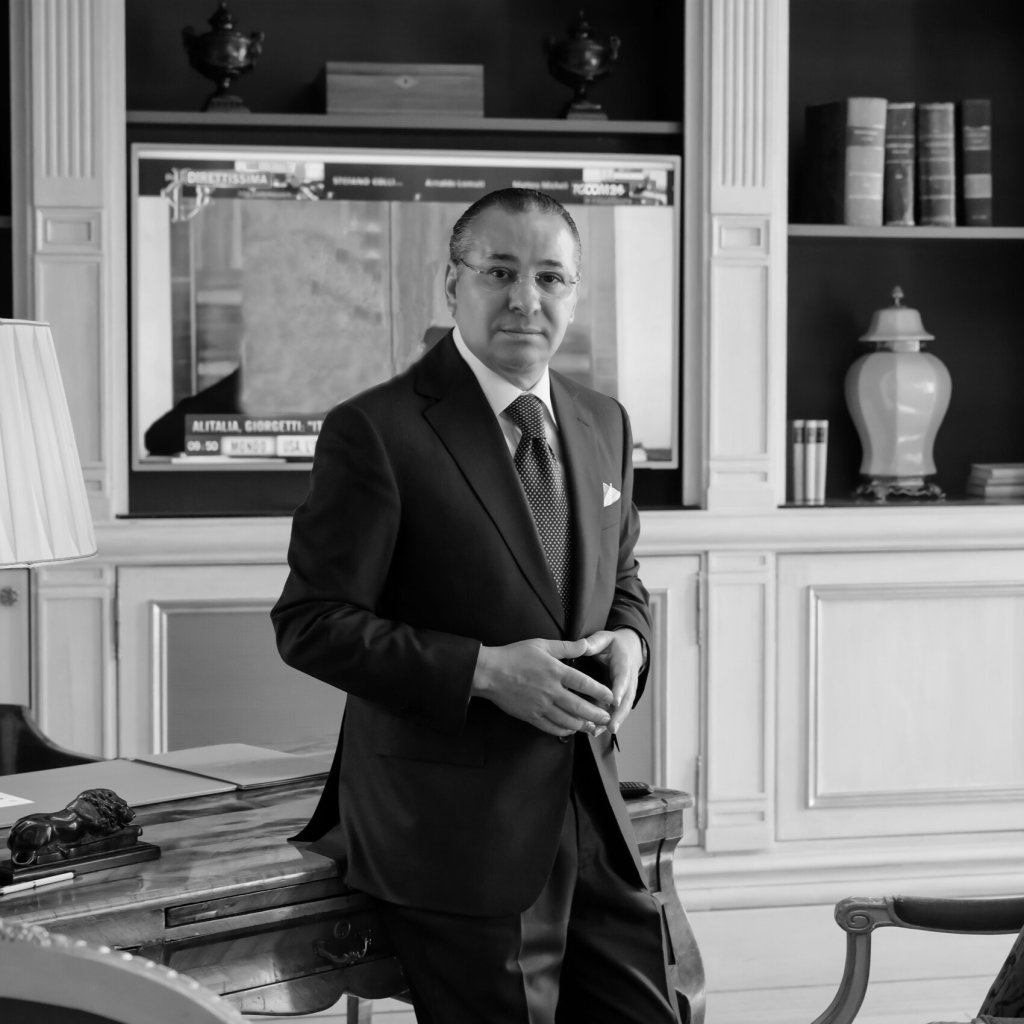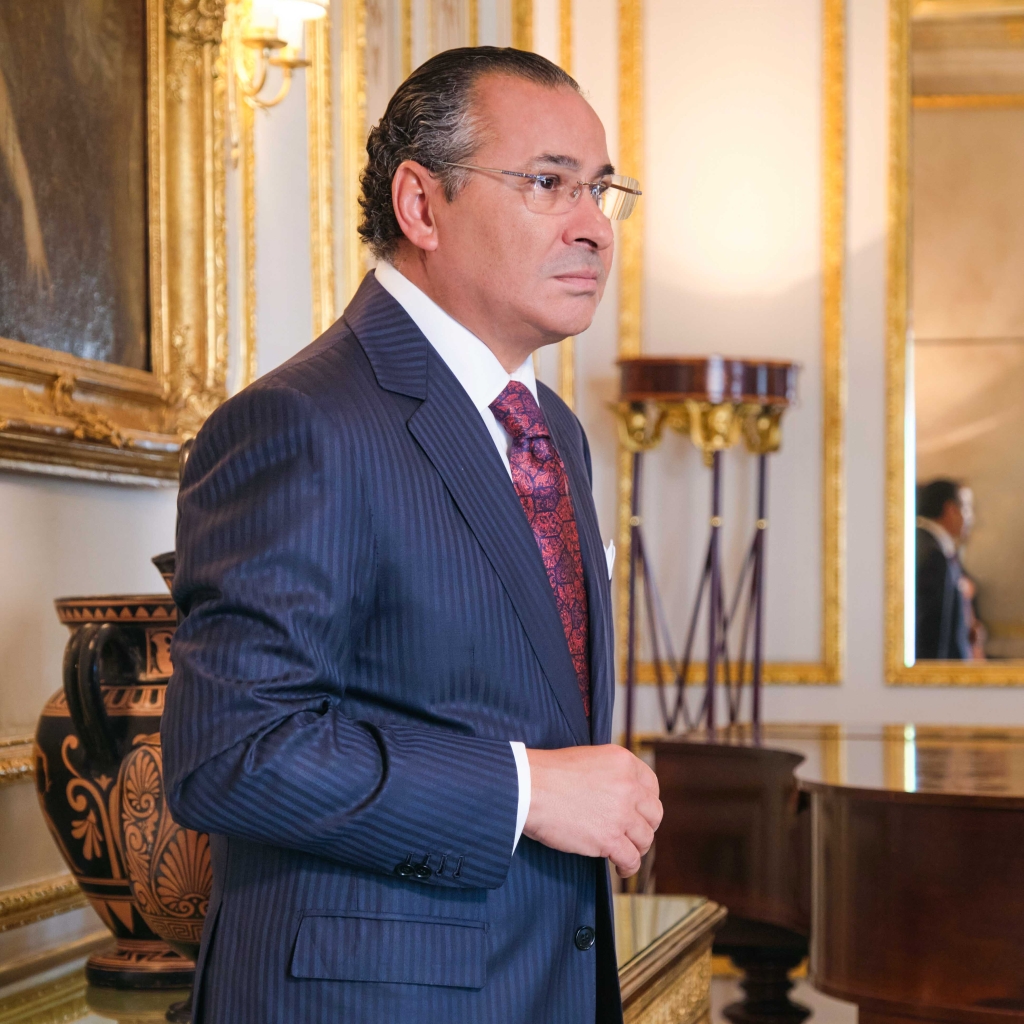
On the 1st of January 1942 at the height of World War II, one of the most significant pledges in the history of diplomatic relations was made between the United States of America, the United Kingdom, China and what was then known as the USSR. President Roosevelt has been credited with coining the title 'The United Nations Declaration' and as with many historically significant documents; the text of the declaration is surprisingly succinct. A further 26 nations countersigned the declaration the following day and pledged to stand together to defeat the Axis powers in a bid to bring about a lasting peace.
Although it was not until 1945 that the United Nations as we know it today came into being, an important framework was established, based on the desire and will of these early representatives to work together and find a way to cooperate for the greater good. The true significance of these early deliberations was perhaps not fully realised until the United Nations Charter was drawn up and its purpose and principles were given form. Donald Trump’s address to the 72nd United Nations General Assembly on Tuesday the 19th of September 2017, in New York, his first as President of the U.S., has left me thinking about articles 2, 3 and 4 of Chapter I of the charter.
At a deeply personal level, they are, in my opinion, the three most fundamental principles of the United Nations Charter, and I feel are worth quoting in their entirety: Article 2: “To develop friendly relations among nations based on respect for the principle of equal rights and self-determination of peoples, and to take other appropriate measures to strengthen universal peace” Article 3: To achieve international co-operation in solving international problems of an economic, social, cultural, or humanitarian character, and in promoting and encouraging respect for human rights and for fundamental freedoms for all without distinction as to race, sex, language, or religion; and Article 4: To be a centre for harmonizing the actions of nations in the attainment of these common ends.
Who would dare argue that these three articles are not just as relevant to our leaders today as they were to those pragmatic visionaries who created them in 1945. Who could dare argue that we cannot still learn a precious lesson from our forebears. I believe it can be argued that the conflicts we are witnessing today, such as the entrenched hostility among Middle Eastern states as well as the more recent hostilities with North Korea, have their roots in often misguided political agendas that continue to paralyse progress making the goal of peace and stability among nations seem ever more elusive.
I also believe that it is time to review our political agenda with honesty and clarity in order to find solutions to the challenges we are facing in the form of social, cultural and economic inequality as they give rise to the false pretenders of political populism and religious extremism. Delegates attending the 72nd General Assembly will have much to deliberate upon, and I do not envy them this great responsibility, however, it must also be said that they have opportunities to make change happen, particularly with regard to conflict in Syria and the Middle East.
In an attempt to address the question of conflict, in particular within the Middle East, I believe that there is a golden opportunity to move forward with nations that have demonstrated their willingness to advocate peaceful solutions, such as the Arab Peace Initiative. Such proposals are aimed at finding negotiated agreements that work towards settling elemental differences between states in conflict with each other. Yet, it is my firm belief that until we find the source of the problem we will never find a long lasting solution. There is little point in spending energy in medicating the wounds if we cannot treat the symptoms. Any long-term solution would need to take into consideration the fact that the Arab world is a mosaic of ethnic and religious communities.
Such a diversity of denominations and cultures is arguably, what has made the Arab world so rich. Nonetheless, as we have seen all too often, it is also the source of conflict, particularly when one group dominates over the others in the form of political elitism and fails to allow other members of society a share in its privileges, be they in the form of access to government institutions, healthcare, education or employment. The very diversity present within the Arab world should be seized as the trigger for reform. States should be pushing towards more secular forms of governance as opposed to one particular religious group dominating the system.
We need to find a new third way that shows a willingness to take responsibility for the mistakes made in the past and learn from them. Take for example Tunisia, my homeland, where we are witnessing what happens when the reform process unfolds in the streets rather than being the result of serious, government led reform. Although sparked by economic factors, in the minds of many on the street, it was also a demand for institutional change, which to date has not been successfully implemented. Consequently, Tunisia continues to bear witness to a precarious peace and much political instability; and, ironically, the very economic malaise that sparked the revolution in the first place.
Arab states must learn from the Tunisian experience and the ruling political classes must embrace peaceful reform across the board. I see no alternative for them but to spearhead the necessary change that will nurture the political stability and peace necessary to develop the regions economically. The basic markers in human development such as universal education, employment opportunities for all, access to healthcare and freedom of religious expression must now be considered the litmus test for the Arab world. Without them the goal of achieving vibrant civilised nation and socioeconomic stability will remain but a pipe dream.
The United Nations Declaration was signed during the last great period of international conflict, WWII, and aimed to achieve cooperation between nations in order to solve “international problems of an economic, social, cultural, or humanitarian character” I can only hope that the 72nd United Nations General Assembly does not lose sight of its objective and pushes all of its member nations towards the type of domestic reform that will engender a true and lasting universal peace.
Kamel Ghribi
